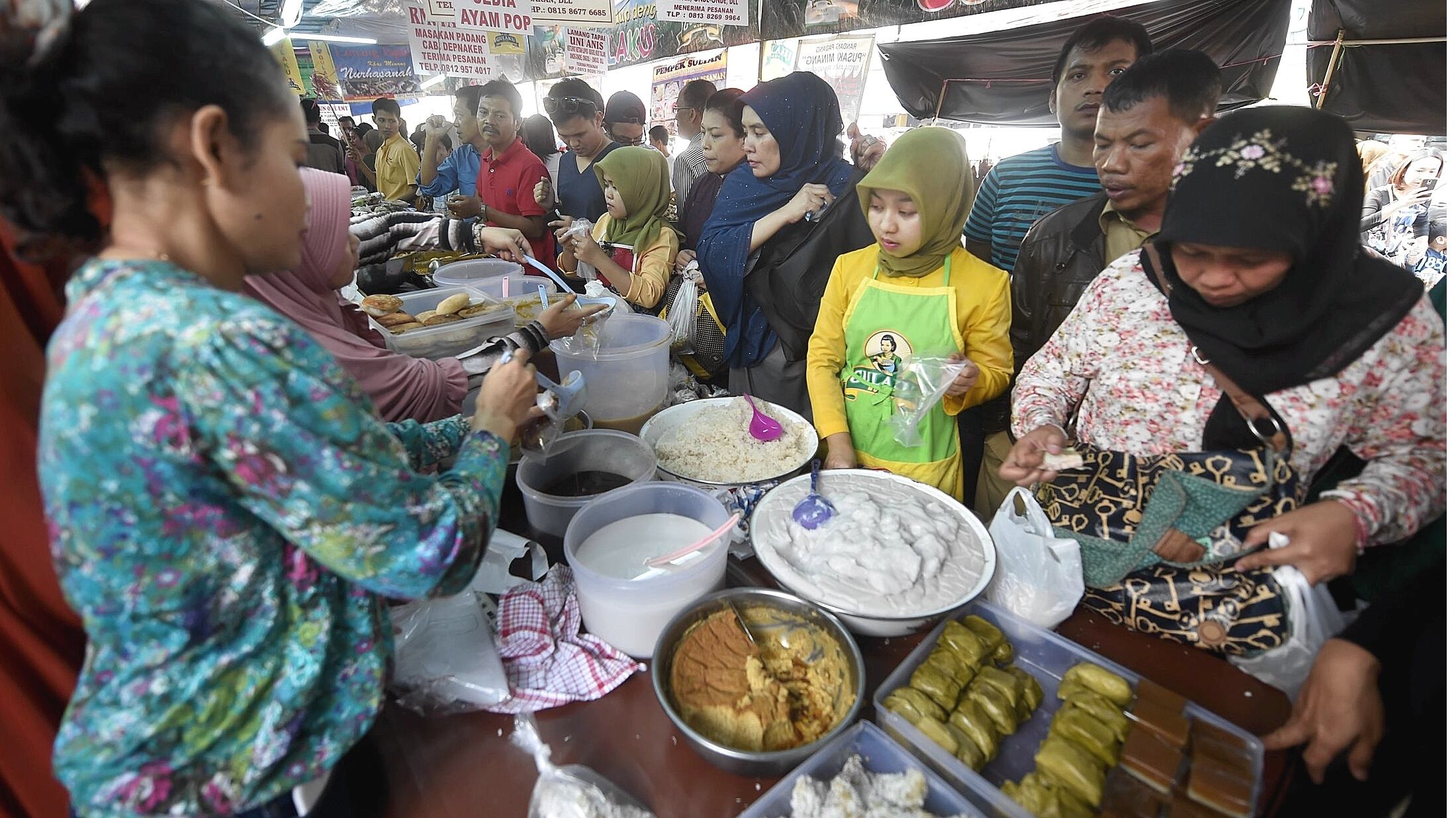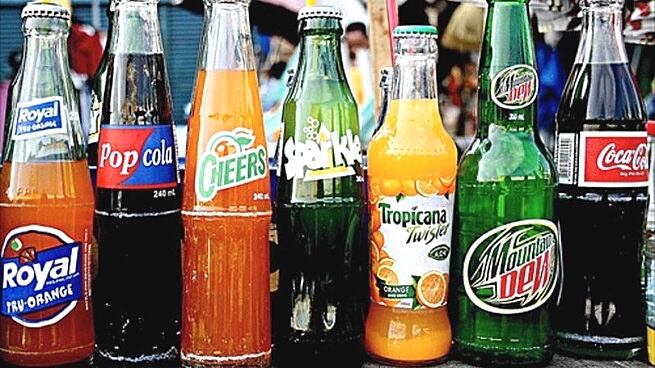Though the size of Malaysia’s baby food market has only grown marginally over the last few years, its value has increased by more than 60%.
This is due to rising incomes, a decline in births and the trend towards super-premium and specialised baby food, says Canadean, the market researcher, which compiled the report.
The market’s size has been relatively stable over recent years. Last year, Malaysians bought 33,413 tonnes of baby food, representing a growth of 3.6% from 2008.
However, baby food’s value increased by nearly two-thirds over the same period, reaching US$443m in 2014.
The Malaysian baby food market is dominated by multinational brands, most notably Danone, Nestle and Dutch Lady, which together accounted for 75% of baby food sales by volume in 2014.
Around 29,375 tonnes of baby milks were consumed in Malaysia in 2014, accounting for 90% of the market value.
According to Canadean, birth rates have declined by 4% between 2011 and 2014, with the trend set to continue; by 2020, births will have declined a further 7.6%.
Consequently, the number of infants is shrinking, while the number of toddlers aged 1-3 is increasing, says Canadean analyst Sam Allen.
"This change will have a significant effect on the market as a whole, with specialised and follow-on milks increasing their market share in the next couple of years.
“Moreover,milks suppliers are likely to focus on products for older children, and try to expand into the over-3 and 6 years markets.”
Commercial baby food is an important part of the food budget for families with small children, the report says.
Not only was baby food one of the food categories least affected by the economic recession, but parents have also tended to be loyal to specific baby food brands.
Around half of families with babies said that they would not change their usual purchasing habits, and just 4% said they would buy less baby food because of food inflation or income problems.
According to Canadean, disposable income is generally increasing in Malaysia and should encourage parents to buy more baby food in coming years. However, the decline in the number of births will have a definite impact on the market.
“Most value growth will occur as a result of higher prices and the trend towards more premium products, including super-premium and more specialised milks,” Allen added.
Elsewhere in southeast Asia:
Region’s least developed countries call for closer union
The leaders of Cambodia, Laos, Myanmar and Vietnam have agreed at a summit to promote cooperation in activities such as agriculture.

In a joint statement, the four leaders called for deeper coordination to make best use of economic corridors and ease the cross-border movement of goods.
They also agreed to offer internal incentives to invest in agriculture, among other areas.
Trade among the four countries has grown from 12.4% of Asean's total trade volume in 2013 to 14.1% in 2014.
Next week, the leaders will adopt a three-year action plan to drive greater co-operation between the countries.
Bruneian children more prone to poor diet
A university study found that Bruneian children are not eating enough fruit and vegetables, with junk food increasingly becoming part of their diet.
The research on food preferences was conducted on pupils, parents and teachers from two primary schools in the Brunei-Muara district last year.
The pupils were found to consume instant noodles rich in sodium as often as three to four times a week, said study author Nik Ani Afiqah Hj Mohamad Tuah of Universiti Brunei Darussalam.
A large number would also frequently consume calorie-rich foods that were high in sugar and salt due to taste and convenience. Many would also skip breakfast.
“[Fast food] is easy, it’s filling, and it’s convenient and inexpensive. Compared to other food, it’s something that working people and children can go out and enjoy,” said Dr Nik.
Indonesia increases its food safety surveillance for Ramadan
Indonesia’s Food and Drug Agency has increased inspections during the Islamic fasting month of Ramadan, Channel NewsAsia reports.

In spite of a strong show of law enforcement, regulators are worried about food outbreaks during Ramadan, when it is traditional for many people to eat street food at night bazaars.
During this period, many street vendors sell unsafe snacks and sweets that have expired, been damaged or are tainted with dyes and dangerous preservatives, said the FDA.
This them liable for heavy fines under Indonesia’s Consumers' Protection Law and the Food Law.
Jakarta’s governor, Basuki Tjahaja Purnama, has pushed for harsher penalties for those who produce or sell food tainted with hazardous chemicals and preservatives, even suggesting that those found guilty be jailed for attempted murder.
Myanmar to monitor country’s nutrition
Sources in Myanmar’s health ministry have told Xinhua, China’s official news agency, that the ministry is planning to conduct a nationwide survey on nutrition before the end of the year.
The survey will be launched by the ministry in cooperation with the Unicef, the United Nations children's fund.
Myanmar needs to nail down its nutrition concerns, an issue highlighted by a 2013 report that found only one in three Myanmar children aged two and under eats a sufficiently diverse diet.
Myanmar people rely on rice as their main food, with the consumption of body-building and protective foods being low compared to other countries.
Biap warns of threats to Philippines from sugar tax
The Beverage Industry Association of the Philippines (Biap) has redoubled its campaign against an impending sugar tax, citing four reasons why it believes the proposed 10% ad valorem levy on carbonated beverages would be counterproductive towards consumers and the economy.

Biap told Rappler that instead of generating revenue, “the resulting decrease in sales of the Philippine beverage industry due to the proposed tax, will do the exact opposite and cause the government a net loss in revenue”.
Other reasons put forth by Biap included a drop in sales, job losses, costlier drinks and unsuccessful efforts towards curbing obesity.
